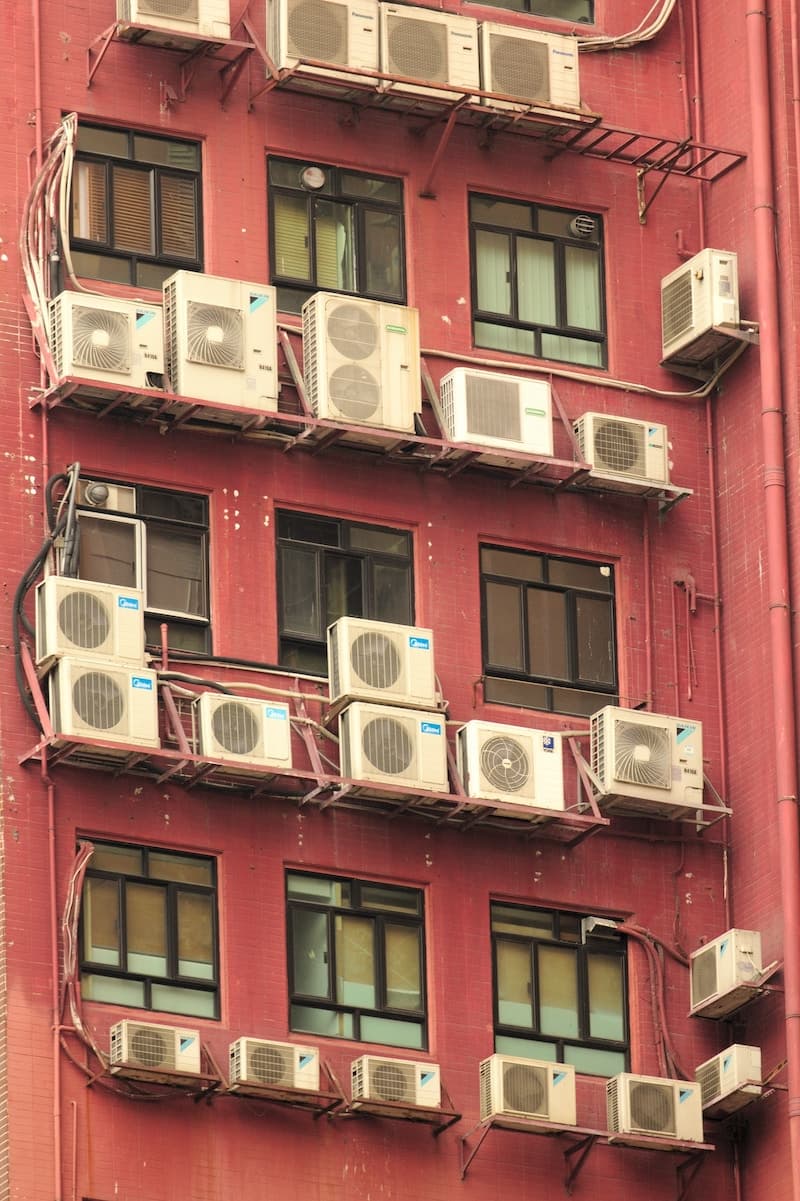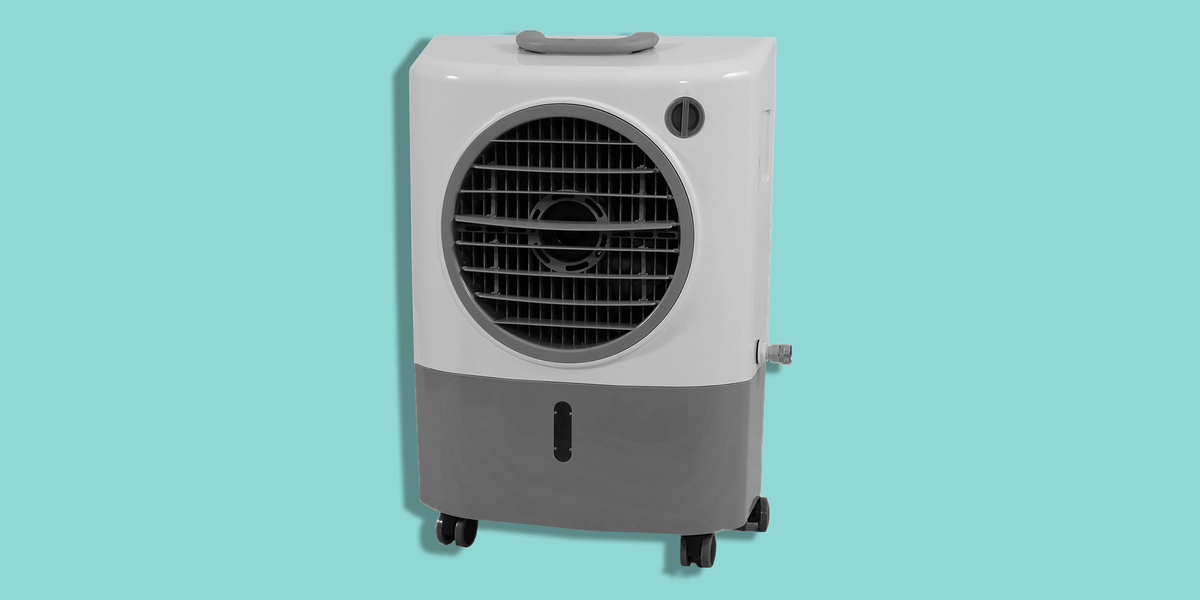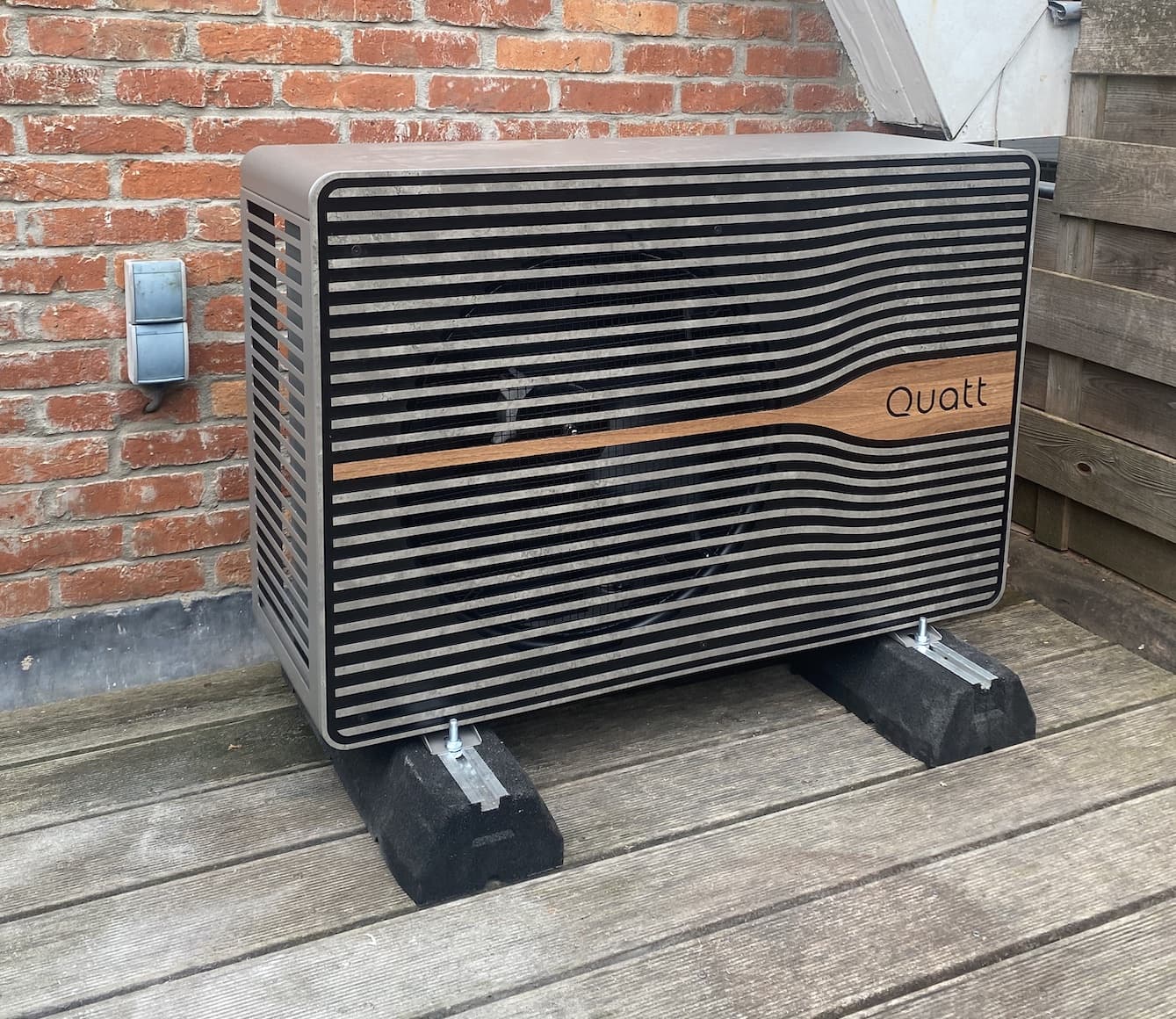The Environmental Impact of Air Conditioning: Is Your Cool Comfort Costing the Planet?
Living in an old house in The Netherlands, my partner and I have experienced firsthand the challenges of keeping cool in the summer. With room temperatures reaching up to 38 degrees Celsius, we've often found ourselves longing for the cool comfort of air conditioning. But as we strive to create an eco-friendly home, we couldn't ignore the question: what is the environmental impact of this cool comfort?
This question led us on a journey of research and discovery, exploring the world of air conditioning and its impact on our planet. In this article, we share what we've learned, delving into the environmental cost of air conditioning, the inefficiencies of certain types of units, and the sustainable alternatives available. Whether you're also living in a hot house, or you're simply curious about the impact of your cooling choices, we invite you to join us on this journey.
Understanding the Environmental Impact of Air Conditioning
As the summer sun blazes outside, many of us retreat to the cool comfort of our air-conditioned homes and offices. It's a modern luxury that's easy to take for granted. But have you ever stopped to consider the environmental impact of this cool comfort?
Air conditioning systems, while providing relief from the heat, come with a significant environmental cost. From energy consumption and greenhouse gas emissions to the use of harmful refrigerants, our quest for cool is contributing to the warming of our planet.

Energy Consumption and Greenhouse Gas Emissions
Air conditioning systems are energy-intensive appliances. They use electricity to power their cooling process, and in many parts of the world, this electricity is still generated from fossil fuels. This means that every time we turn on our air conditioners, we're indirectly contributing to the emission of greenhouse gases, the primary drivers of climate change.
The Problem with Refrigerants
The environmental impact of air conditioning doesn't stop at energy consumption. The refrigerants used in these systems, while essential for the cooling process, are a major environmental concern. Many of these substances are potent greenhouse gases, with a global warming potential many times greater than carbon dioxide. If these refrigerants leak into the atmosphere, either through poor maintenance or at the end of the unit's life, they can contribute significantly to global warming.
The Inefficiency of Mobile Air Conditioning Units
Mobile air conditioning units, while convenient and versatile, are often less efficient than their fixed counterparts. These units operate by drawing in warm air from the room, cooling it, and then expelling the cooled air back into the room. However, this process also generates heat as a byproduct of the unit's operation.
This heat is typically vented out of the room through an exhaust hose. But here's the catch: the exhaust hose itself can become quite hot and radiate heat back into the room. This is especially true if the hose is long or if it isn't insulated properly. This radiated heat can counteract the cooling effect of the air conditioner, making it work harder to maintain the same level of comfort.

Moreover, the process of venting hot air out of the room can create a negative pressure situation. This means that as the unit expels air, it creates a slight vacuum that can draw in warm air from other parts of the building or from outside through gaps around doors and windows. This influx of warm air further reduces the overall efficiency of the unit.
The result? Your mobile air conditioning unit ends up consuming more energy to cool the room, leading to higher electricity bills and a greater environmental impact. It's a classic case of a solution creating a new problem, highlighting the importance of considering efficiency and environmental impact when choosing our cooling solutions.
The Global Impact of Air Conditioning
The environmental impact of air conditioning is not just a local issue; it's a global concern. With rising temperatures and increasing living standards around the world, the demand for air conditioning is growing rapidly.
The Growing Demand for Air Conditioning
As more people around the world gain access to electricity and can afford air conditioning, the demand for these systems is skyrocketing. This growing demand is not only increasing global energy consumption but also exacerbating the issues of greenhouse gas emissions and refrigerant management.
The Impact on Electricity Grids and Renewable Energy
The growing demand for air conditioning puts significant pressure on electricity grids, especially during peak demand periods in the summer. This can lead to power outages and necessitate the use of backup power plants, which are often powered by fossil fuels. Furthermore, the peak demand for air conditioning often coincides with periods of low renewable energy generation, such as solar power generation during the evening, further complicating the transition to renewable energy.
However, there are solutions to these challenges. One such solution is the use of home batteries. These systems store excess solar power generated during the day, which can then be used to power air conditioning systems during the evening. While the production of these batteries does have its own environmental impact, their ability to facilitate the use of renewable energy can make them a more sustainable choice in the long run.
Another strategy is to adjust our cooling habits to align with renewable energy generation. For example, we could cool our homes during the day when solar power generation is at its peak, and then turn off the air conditioning during the evening. This not only reduces demand on the electricity grid but also maximizes the use of renewable energy.
By adopting these strategies, we can mitigate the impact of air conditioning on our electricity grids and support the transition to renewable energy. It's a win-win situation: we get to enjoy the comfort of a cool home, while also contributing to a more sustainable future.
Sustainable Alternatives to Traditional Air Conditioning
While the environmental impact of air conditioning is significant, it doesn't mean we have to resign ourselves to sweltering summer heat. There are several sustainable alternatives to traditional air conditioning that can help us stay cool without costing the planet.
Energy-Efficient Air Conditioners
One of the simplest ways to reduce the environmental impact of air conditioning is to choose energy-efficient units. These systems use advanced technologies to provide the same cooling power while consuming less energy. Look for units with a high Seasonal Energy Efficiency Ratio (SEER) or Energy Efficiency Ratio (EER) rating, and consider models that use environmentally friendly refrigerants.
Natural Cooling Strategies
Before the invention of modern air conditioning, people used a variety of natural cooling strategies to beat the heat. These included architectural design features like high ceilings and wide eaves, landscaping techniques like shading and windbreaks, and behavioral strategies like adjusting daily activities to cooler times of the day. By incorporating these strategies into our homes and lifestyles, we can reduce our reliance on air conditioning.

Innovative Cooling Technologies
Innovation is also playing a role in creating more sustainable cooling solutions. For example, evaporative coolers, also known as swamp coolers, use the natural process of evaporation to cool the air, consuming significantly less energy than traditional air conditioners. Other innovations include thermally driven air conditioning and district cooling systems, which use waste heat or natural cooling sources to provide cooling.

Making Sustainable Cooling Choices
While the environmental impact of air conditioning is a complex issue, it's one that we can all play a part in addressing. By making sustainable cooling choices, we can enjoy the comfort of a cool home or office without contributing to the warming of our planet.
Tips for Reducing Air Conditioning Use
One of the most effective ways to reduce the environmental impact of air conditioning is simply to use it less. This could mean setting your thermostat a few degrees higher, using fans to circulate cool air, or turning off the air conditioner when you're not home (depending on the generation of renewable energy of course). Even small changes can make a big difference in your energy consumption and environmental impact.
The Role of Policy and Innovation
Policy and innovation also have a crucial role to play in promoting sustainable cooling. Policies that encourage energy efficiency, regulate refrigerants, and support renewable energy can help reduce the environmental impact of air conditioning. Meanwhile, innovations in cooling technology and building design can provide more sustainable ways to stay cool.
In conclusion, while air conditioning provides a comfortable refuge from the heat, it comes with a significant environmental cost. However, by understanding the impact of our cooling choices and taking steps to reduce this impact, we can contribute to a cooler and more sustainable future.
What we choose to do
After all our research, my partner and I decided to use our hybrid heat pump to cool our home. This system uses the in-floor heating infrastructure to distribute cool air, making it a more energy-efficient option than traditional air conditioning. In the future, we plan to replace some of the old radiators we still have with versions equipped with fans for better air circulation. It's a solution that works for us, keeping our home cool while aligning with our commitment to sustainability.

FAQs
- What is the environmental impact of air conditioning?
- The environmental impact of air conditioning includes high energy consumption, greenhouse gas emissions, and the use of harmful refrigerants. Mobile air conditioning units can also be less efficient due to their design, leading to higher energy consumption.
- Why is the demand for air conditioning growing?
- The demand for air conditioning is growing due to rising global temperatures and increasing living standards. As more people gain access to electricity and can afford air conditioning, the demand for these systems is increasing.
- What are some sustainable alternatives to traditional air conditioning?
- Sustainable alternatives to traditional air conditioning include energy-efficient air conditioners, natural cooling strategies, and innovative cooling technologies like evaporative coolers and thermally driven air conditioning.
- How can I reduce my air conditioning use?
- You can reduce your air conditioning use by setting your thermostat a few degrees higher, using fans to circulate cool air, and turning off the air conditioner when you're not home.
- What role do policy and innovation play in sustainable cooling?
- Policy and innovation play a crucial role in sustainable cooling. Policies that encourage energy efficiency and regulate refrigerants can help reduce the environmental impact of air conditioning, while innovations in cooling technology and building design can provide more sustainable ways to stay cool.